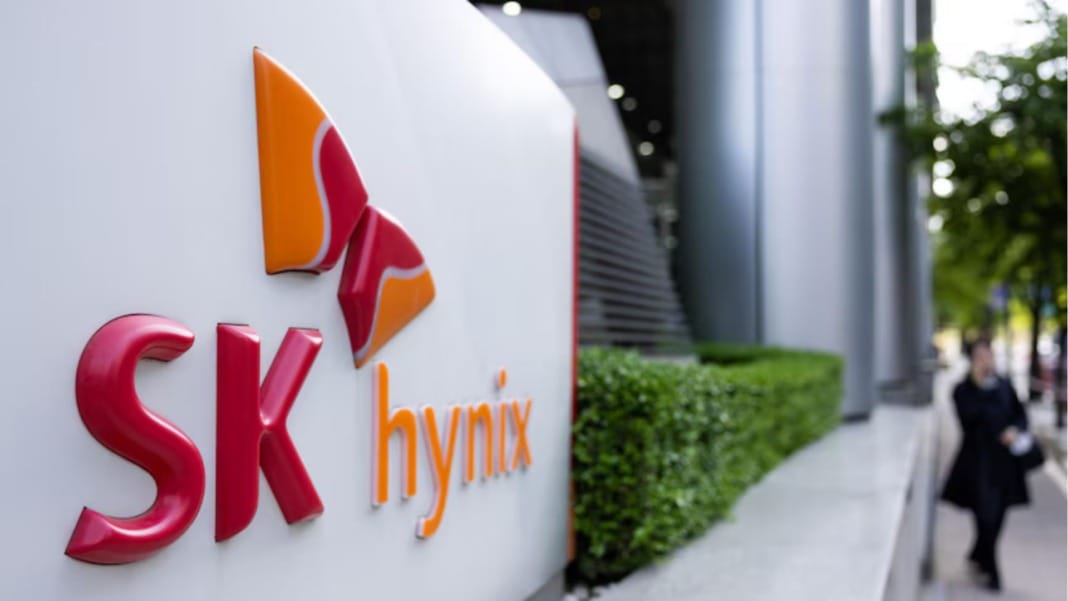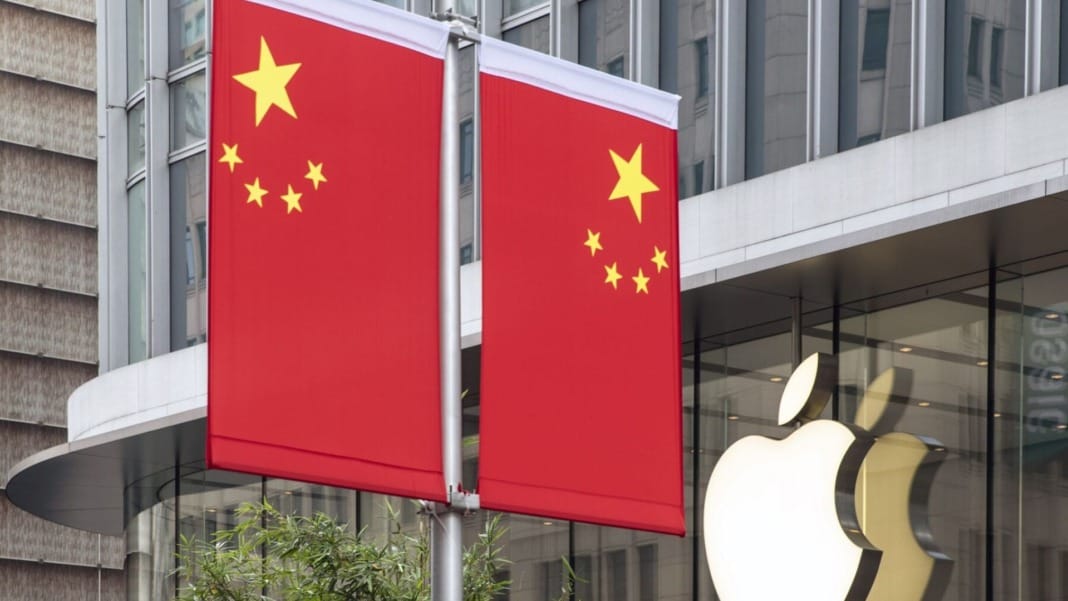SK Hynix, a pivotal partner to Nvidia, announced that its quarterly revenue has more than doubled, thanks to the growing demand for artificial intelligence (AI) hardware. The company anticipates its capital expenditure this year will exceed previous estimates, fueling optimism that the global boom in AI hardware spending will continue into 2024.
Significant revenue growth
You will be pleased to know that SK Hynix reported impressive sales of 16.4 trillion won (US$11.9 billion) for the quarter. This figure surpassed expectations, with revenue for its high-bandwidth memory (HBM) increasing by over 250 per cent. Additionally, the company’s operating profit for the three months leading to June exceeded predictions, reaching 5.47 trillion won, with an operating margin of 33 per cent. A rise in the overall prices of DRAM and NAND drove this.
SK Hynix plans to begin mass production of its next-generation 12-layer HBM3E chips this quarter, further solidifying its position ahead of Samsung Electronics and Micron Technology rivals. The company stated that HBM3E products would comprise about half of its HBM chip volume this year.
Addressing market concerns
You may have noticed growing concerns that AI spending could slow down due to US restrictions on supplying China and a potential decrease in data centre investments. However, SK Hynix’s report offers reassurance. This week, Morgan Stanley removed AI chip-sector stocks, including SK Hynix and Taiwan Semiconductor Manufacturing Co, from its focus lists, advising a cautious approach. US tech stocks experienced a decline, with Nvidia dropping by 6.8 per cent.
Despite these concerns, SK Hynix remains a primary beneficiary in the race to provide components essential for creating AI services like ChatGPT. In May, the company revealed its capacity to produce high-bandwidth memory chips was almost fully booked through 2025, highlighting its growing lead over Samsung.
This strong demand has contributed to a 47 per cent increase in SK Hynix’s stock from the beginning of the year until Wednesday’s close. This trend is reflected across many new leaders in the AI sector. However, the global stock surge experienced some instability last week as investors reassessed potential gains amid central bank policy changes and the upcoming US presidential election. Some analysts cautioned that the excitement around untested AI applications was driving disproportionate market gains, given that AI technology has not yet reached its full potential.
“We are not calling for the ‘end of the cycle’ – but with all the focus on shortages and talk of a new AI paradigm, it is important not to lose sight of the normal, cyclical nature of the semiconductor market,” Morgan Stanley analysts, including Shawn Kim and Charlie Chan, mentioned in a separate report.
Future investments
Looking ahead, SK Hynix is committing some US$15 billion in South Korea to meet the rising demand for high-end chips. This is in addition to their plan to invest US$3.9 billion in an advanced packaging plant and research centre for AI products in Indiana.
With these significant investments and strong performance, SK Hynix is well-positioned to capitalise on the continued growth in AI hardware demand and ensure its place as a leader in the semiconductor market.





